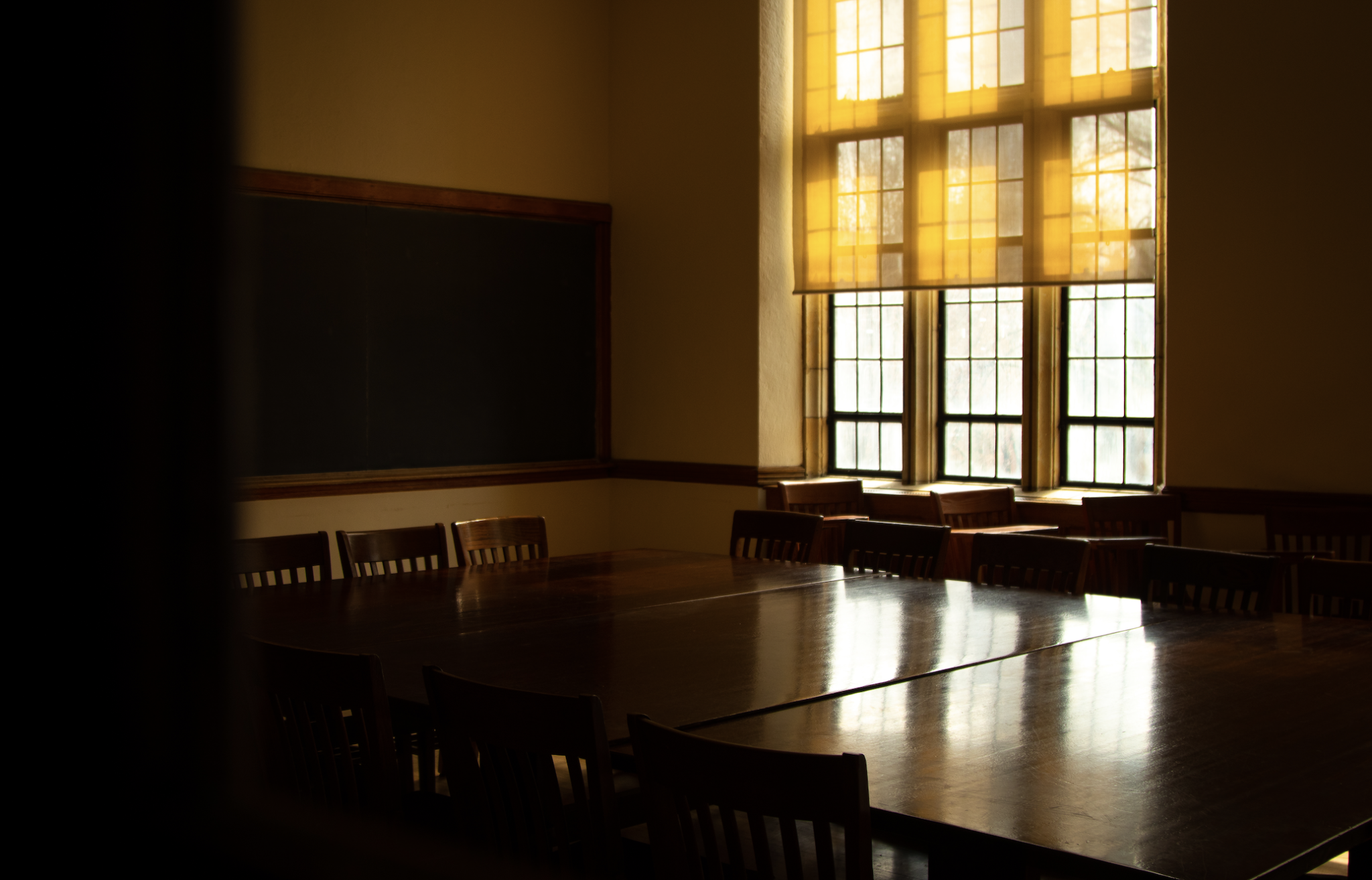
Following the March 14 announcement that classes would be moved online due to the global pandemic, Yale finished a semester unlike any other — with a fierce debate over universal pass/fail and new challenges — as the University navigated how to help its students and the city of New Haven.
The final week of spring break brought chaos to the student body, as emails flooded in from University President Peter Salovey and Dean of Yale College Marvin Chun updating Yalies almost daily on how the semester would proceed in light of COVID-19. On March 14, the final verdict came that classes would be online and that only very limited numbers of students would be able to stay on campus.
“The clearest relevant lesson we have drawn from our best-informed, wisest sources is this: pandemics are defeated by bold measures that blunt the curve of the rate of infection through the dramatic reduction of intense human contact,” Salovey wrote in an email to the student body.
Yale students, particularly members of the class of 2020, lamented a semester gone too soon. Students who did not have homes to which they could easily return protested the University’s strict policy that only emancipated students or those from certain countries could stay on campus. After Yale advised students not to return to pack their belongings, questions were immediately raised as to how students could obtain relevant items.
On March 23, classes resumed in an online format. Two days later, Salovey announced that on-campus Commencement was canceled.
“It won’t mar the experiences I’ve already had over the past three-and-a-half years,” Evan Billups ’20 told the News. “It definitely is going to deeply affect how I look back on senior year and especially senior spring which is supposed to be pretty much the best time that you have in college, and it’s really sad that that’s going to be how we remember it.”
As classes resumed, questions were again raised over how grading would work. Student organizers advocated for a universal pass policy, arguing that unequal home circumstances among students made standard methods of grading inequitable. This kicked off weeks of debate that involved students, faculty and the Yale administration.
A Yale College Council survey of over 4,500 students indicated that around 68 percent of students supported a “universal pass/no-credit” policy. An initial faculty poll found that most were not in favor of such a policy, but following a faculty meeting at which YCC President Kahlil Greene ’21 spoke in favor of the universal policy, faculty appeared to support a universal pass/fail system. Chun delayed a decision on the matter until another faculty poll could be conducted, and after the second poll showed 55 percent support for the mandatory grading system, Chun announced that the University would adopt the policy.
“It’s incredibly encouraging that both the student body and Yale faculty ultimately came together in order to make an equitable decision that prioritizes tangible wellness and safety over arbitrary grades,” advocate and universal pass organizer Sarah Pitafi ’22 wrote in an email to the News. “Thousands of students have had a momentous burden released from them, thanks to the incredible amount of work and mobilization of hundreds of students fighting for No Fail Yale.”
The final five weeks of the semester saw many hiccups as the University attempted to adjust to the new reality of the COVID-19 crisis. Alumni reunions and summer study abroad programs were canceled. Yale announced a special fund to help New Haven financially, but came under fire for not providing space for first responders to live. Following condemnation by Mayor Justin Elicker, Yale set aside 300 beds for the first responders.
The Yale New Haven Health System is at the center of the New Haven COVID-19 response team. As infections in New Haven continue to rise, Yale New Haven Hospital’s resources have been stretched thin. On April 24, the Yale Daily News reported that 603 staff members had tested positive across the system, and an additional 400 others presented symptoms and stayed home to self-isolate, but ultimately tested negative.
“It’s a whole different atmosphere than it used to be,” Tina Nistico Capstick, an intensive care unit nurse at YNHH, told the News. “You walk in [to the medical ICU] just not knowing what you’re going to get, where you’re going to go. … It feels almost military.”
As of May 12, there have been 2,083 confirmed cases of COVID-19 in New Haven, according to the city’s official count.
Amelia Davidson | amelia.davidson@yale.edu






